Writing
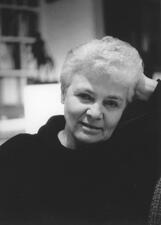
Nechama Tec
Nechama Tec's sociological work, informed by her experience as a Holocaust survivor, addresses the silences and inaccuracies surrounding the Holocaust and reveals untold stories of righteousness and rescue. Her experiences inspired the movie Defiance.
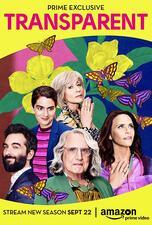
Television in the United States
Jewish women have had a long-standing, complex, often fraught relation to American television. They have had to battle a male-dominated production system and sexist stereotypes, but also have seen significant advances, in front of and behind the screen, resulting from the cable and streaming revolutions and third-wave feminist activism.
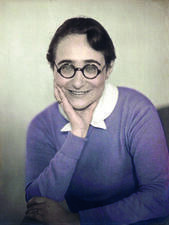
Gabriele Tergit
Rising to prominence as a journalist in Weimar-era Berlin, Gabriele Tergit, née Elise Hirschmann (1893–1982), was an important chronicler of German-Jewish life. In her journalistic writings and novels, Tergit wrote biting social satires, sweeping panoramic novels, and lucid, hard-hitting commentaries on current events. A liberal whose writings reveal her strong commitments to social justice, women’s rights, and humanism, Tergit was forced to flee Germany in 1933 and settled permanently in London in 1938.
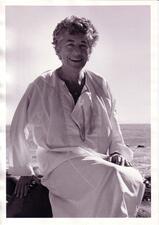
Savina Teubal
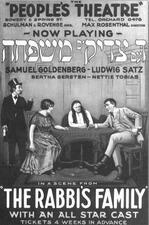
Theater in the United States
For over a hundred years, Jewish women have been involved in the American theater as writers, actors, directors, designers and producers. The vitality of the Yiddish theater, the splendor of Broadway, the rich tapestry of the regional theater, and everything in between, all owe a debt to the Jewish women who have given of their talents, their energy, their drive, and their dreams.
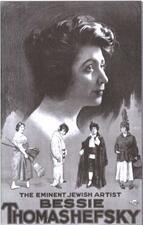
Bessie Thomashefsky
With suffragist spirit and comedic skill, Bessie Thomashefsky adapted great American and British plays for Yiddish-speaking audiences. Thomashefsky performed Yiddish adaptations of plays by Chekov, Wilde, and Shakespeare, as well as modern Yiddish creations at the People’s Theater in New York, playing many strong female characters. From 1915 to 1919, she ran the People’s Theater and renamed it for herself.
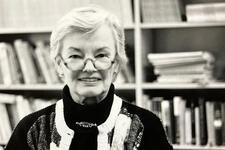
Judith Jarvis Thomson
Rivke Bas Me’ir Tiktiner
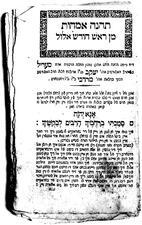
Tkhines
Tkhines were collections of prayers published in Yiddish, often specifically for women, across Europe from the sixteenth to the nineteenth century. The prayers addressed many themes of domestic and family life, although some also suggested women ought to be allowed into traditionally male spaces.
Ethel Tobach
Mahinarangi Tocker
New Zealand singer-songwriter Mahinaarangi Tocker (1955-2008) was best known as a Maori musician, but her Jewish heritage was an essential component of her identity and her music.
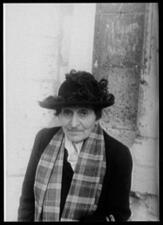
Alice Babette Toklas
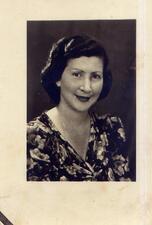
Mina Tomkiewicz
Mina Tomkiewicz was a Polish author who wrote two books based on her personal experience growing up in Warsaw, Poland, and her deportation to Bergen-Belsen concentration camp.
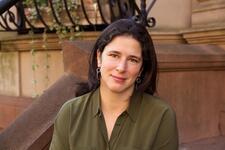
Rebecca Traister
Sarah Treem
Diana Trilling

Marie Trommer
Marie Trommer was an early twentieth-century writer, poet, artist, art critic, and contributor to American Jewish newspapers. After attending the Cooper Union Art School, Trommer became known for her contributions to Jewish newspapers, her poetry, and her oil and watercolor paintings. She was a member of the Creative Writers Group, Society of Independent Artists, and Art Alliance of America.
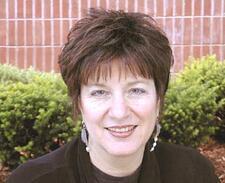
Jean Trounstine
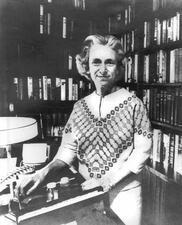
Barbara W. Tuchman
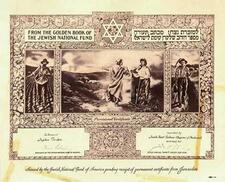
Sophie Tucker
Vaudeville legend and Broadway star Sophie Tucker defied convention with her saucy comic banter and music. Tucker became famous internationally for her singing performances and delighted audiences throughout America and Europe with her rendition of “My Yiddishe Momme.” Tucker was proud of her Jewish identity and created the Sophie Tucker Foundation, which supported various actors’ guilds, hospitals, synagogues, and Israeli youth villages.
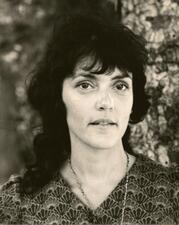
Mae Rockland Tupa
Mae Rockland Tupa (b. 1937) is an accomplished multimedia artist and author whose prolific work has helped shape the field of Jewish Americana. Her work, including papercuts, prints, and textiles, explores themes of Jewish identity, history, and culture. She has published seven books, including the pioneering 1973 text The Work of Our Hands: Jewish Needlecraft for Today. Her work is housed in the collections of numerous institutions, such as The Jewish Museum in New York City.
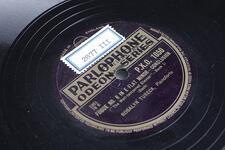
Rosalyn Tureck
Pianist Rosalyn Tureck toured the world as a consummate interpreter of the keyboard music of Johann Sebastian Bach. Tureck made her Carnegie Hall debut in 1935 before touring in Europe, South America, Israel, Turkey, South Africa, and Australia. In 1994 she founded the Oxford-based Tureck Bach Research Institute.
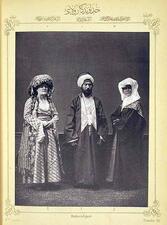
Turkey: Ottoman and Post Ottoman
The Jewish population of Turkey navigated far-reaching changes in the political, social, and geopolitical spheres in the late nineteenth and the early twentieth centuries, as the Ottoman Empire pursued reform and collapsed and the Turkish Republic that took its place imposed a process of “Turkification” on its residents. During this period, Jewish women partook in traditional customs relating to religion, family, and the home, while also accessing new opportunities in the public sphere through education and political engagement.
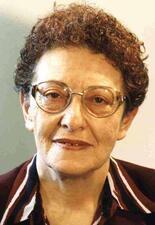
Chava Turniansky
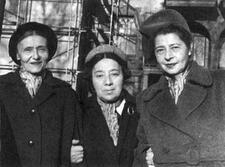
Malka Heifetz Tussman
Malka Heifetz Tussman introduced into Yiddish poetry one of the most rigid verse forms, the triolet, and mastered another, the sonnet corona. A teacher of Yiddish language and literature in the Midwest and the West, Tussman was awarded the Itzik Manger Prize for Yiddish poetry in Tel Aviv in 1981.


